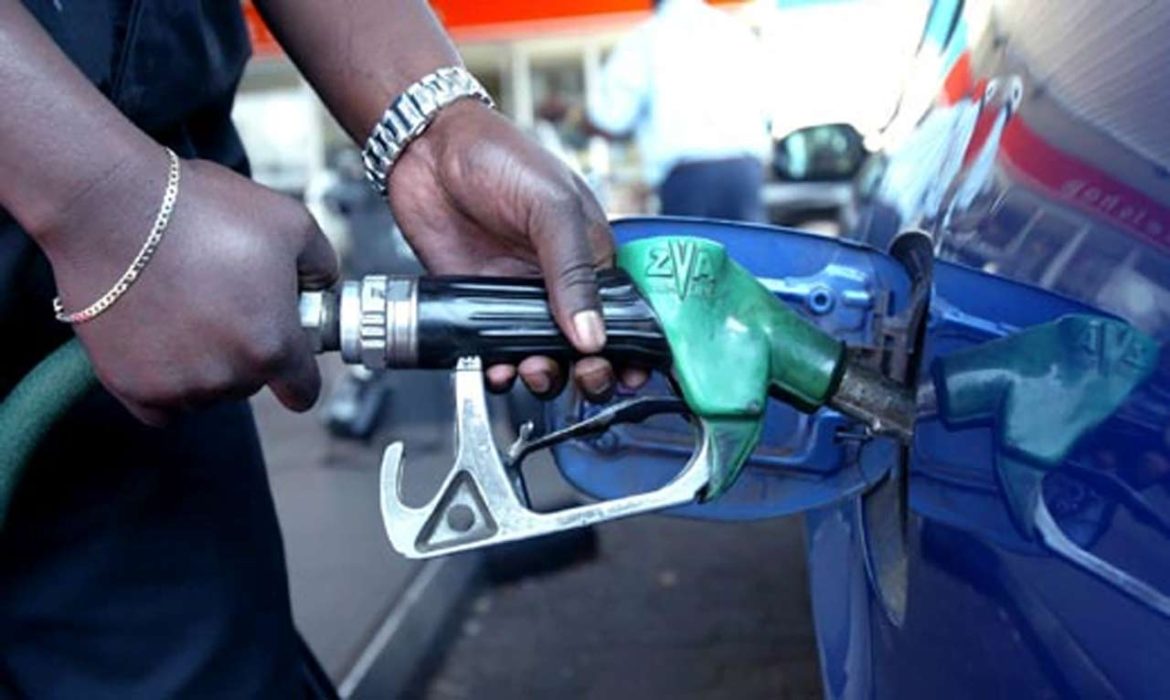Despite the numerous assurances by President Bola Ahmed Tinubu that the subsidy is gone, finding shows that the federal government paid N169.4 billion as subsidy in August to keep the pump price at N620 per litre.
There have been several reports suggesting that the current price stagnation despite the worsening exchange rate and international crude price crossing $95 a barrel suggests a return of subsidy.
A document by the Federal Account Allocation Committee (FAAC), sighted by our reporter yesterday, showed that in August 2023, the Nigerian Liquefied Natural Gas (NLNG) paid $275m as dividends to Nigeria via NNPC Limited. NNPC Limited used $220m (N169.4 billion at N770/$) out of the $275m to pay for the PMS subsidy. Then NNPC held back $55m, illegally.
The revelation by FAAC effectively indicates that the subsidy is back and NNPC is now taking NLNG dividends to pay the subsidy.
Former President Buhari left the country with the highest amount spent on subsidising petrol in Nigeria’s history.
According to oil and gas industry reports conducted by the Nigeria Extractive Industries Transparency Initiative (NEITI), the cost of petrol subsidy from 2015 to 2020 was N1.99 trillion.
Also reports by the Nigerian National Petroleum Corporation (NNPC) to the Federation Accounts Allocation Committee (FAAC), showed that petrol subsidy cost N1.57 trillion in 2021 alone and another N1.27 trillion from January to May 2022.
The government thereafter budgeted of N3 trillion to cover petrol subsidy costs from June 2022 to June 2023.
An aggregation of the entire costs showed that under President Buhari the government spent N7.83 trillion on petrol subsidies.
Global oil market dynamics
Brent crude crossed the $95 per barrel threshold as the value of the naira versus the US dollar hit a record low at the black market creating greater doubt about Nigeria’s elimination of petrol subsidies.
At the time this post was being written, U.S. West Texas Intermediate crude futures increased by more than 1% to $92.46 a barrel, while the international oil benchmark Brent crude futures crossed the $95 per barrel barrier.
The most recent increase in crude oil prices was expected to drive up the price of gasoline, but the FG’s decision to keep the energy product at N617/litre proved that the subsidy on Premium Motor Spirit had been quietly restored.
In addition to the rapid depreciation of the naira in Nigeria’s most accessible (black) FX market, the price cap on gasoline has made it difficult for marketers.
As of the last week of August, PMS was trading for $1,030.11 per metric tonne at the international market compared with the $859.25 it traded around July when NNPC increased the pump price to an average of N617 per litre. This shows an increase of 19.88 per cent.
The exchange rate in July was N820/$ but now N920/$, indicating a 12.19 per cent increase. The crude oil price in July was $78.50 per barrel, it traded for $88.50 per barrel in the last week of August. Yesterday, it hit the $95 mark.
Also, while the price per litre at the international market in July was $0.641, it stood at $0.792 in the last week of August. This means that the landing cost of PMS stands at about N728.64 per litre compared to the N529 it was in July.
The addition of freight costs, lightering costs (STS), distribution margin, ancillary costs by the Nigerian Midstream Downstream Regulatory Authority (NMDPRA), Nigerian Port Authority (NPA) and Nigerian Maritime Administration and Safety Agency (NIMASA) as well as marketers’ margin stands at about N90 to N105.
MOMAN, which had regularly provided a pricing update, had suspended it. A source at the organisation said there is an instruction not to share the update because the government has said there would be no price increase.
How FG planned to sustain N620 per litre
The $3 billion crude repayment loan the Nigerian National Petroleum Corporation (NNPC) Limited announced it sealed with the African Export-Import (Afrexim) Bank was designed to equip the federal government with the necessary dollar liquidity to stabilise the Naira.
According to the Otegra Ogra, SSA to President Tinubu, the loan will assist NNPC Ltd. in settling taxes and royalties in advance.
“A strengthened naira as a result of this initiative will lead to a reduction in fuel costs. This means that if the naira appreciates in value, the cost of fuel will drop and further increases will be halted.
However, the loan has reportedly stalled as other lenders that were supposed to be a part of the syndicated transaction are said to have backed out.
“Afrexim was supposed to put down only $250 million which was to help bring on board other lenders as they are already heavily exposed to Nigeria and have obligor limits.”



